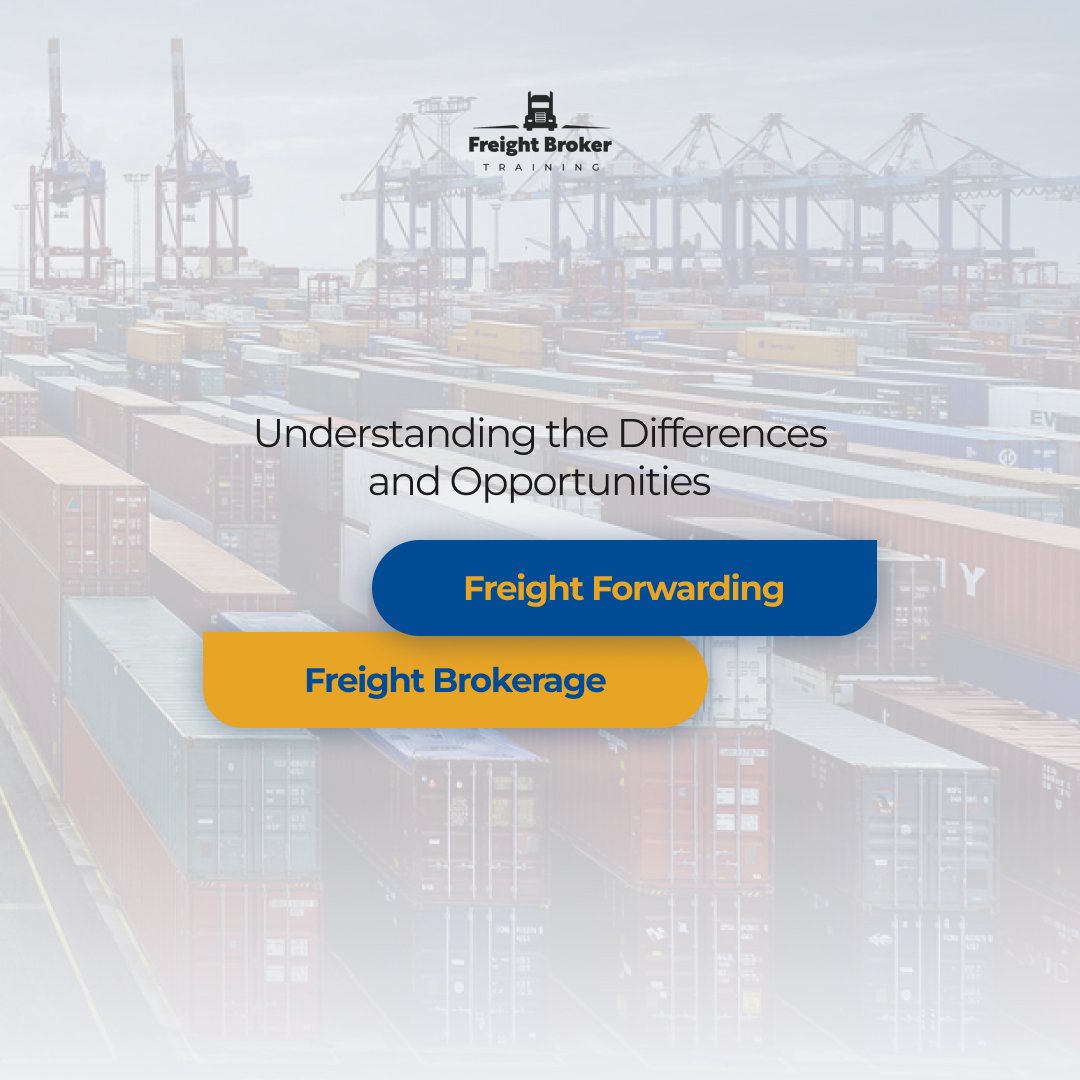Freight brokerage companies play a vital role in the modern logistics industry. These companies act as intermediaries between shippers and carriers, ensuring the efficient delivery of goods from point A to point B. In this text, we will explore the understanding of the differences and opportunities presented by such companies.
One of the main distinctions among freight brokerage companies is their structure and organizational model. Some companies have their own fleet of transportation vehicles, while others operate based on a network of partners and contractors. Companies with their own transportation assets can offer more reliable and controlled services, but they may be limited in terms of geographical coverage. Companies operating on a partner network basis can provide greater flexibility and the ability to deliver worldwide.
One key opportunity provided by freight brokerage companies is the optimization of logistics processes. These companies have broad access to market information regarding the cost, availability, and reliability of carriers. With this information, they can select the optimal route and mode of transportation, reducing costs and shortening delivery times. Brokers can also ensure compliance with client requirements and legal regulations, such as customs procedures and documentation.
Another important capability of freight brokerage companies is risk management. They can offer cargo insurance and other services that protect shippers from losses and damages during transportation. Brokers also monitor the fulfillment of contractual obligations and resolve issues that may arise, such as delays or cargo loss. This allows freight owners to focus on their business, knowing that their goods are in reliable hands.
Furthermore, freight brokerage companies offer clients economic advantages. Through their contacts and volume of shipments, they can negotiate better rates and conditions with carriers. Clients can save time and resources by avoiding the need for direct searching and interaction with carriers. Brokers also provide transparency and reporting throughout the delivery process, offering clients information on the status and location of their cargo.
In conclusion, freight brokerage companies provide a wide range of opportunities for shippers. They optimize logistics processes, manage risks, offer economic benefits, and provide transparency in cargo delivery. The choice of a specific company depends on the client’s needs and preferences, as well as the characteristics of their goods and delivery requirements.

